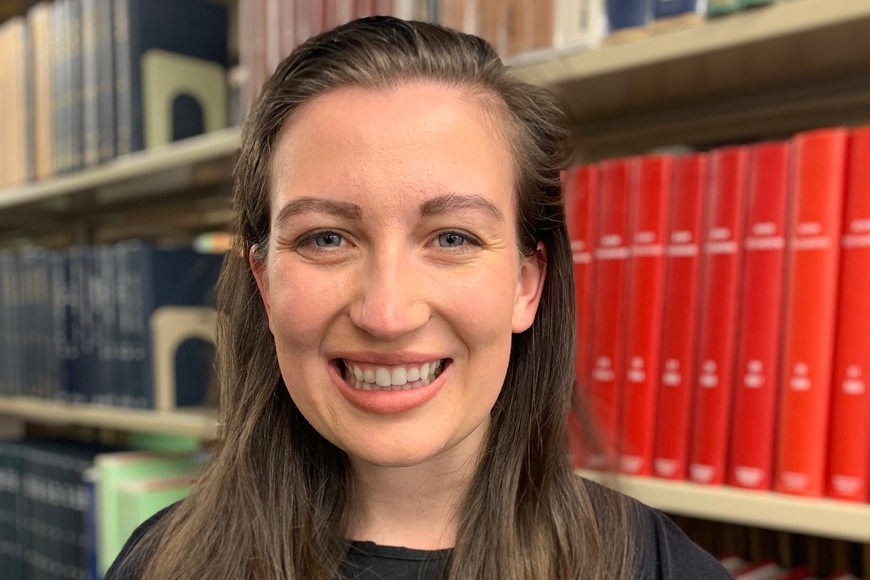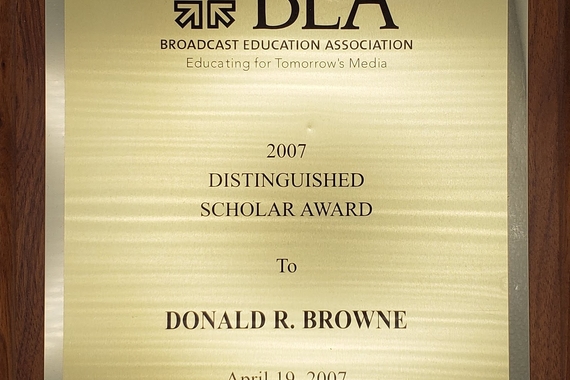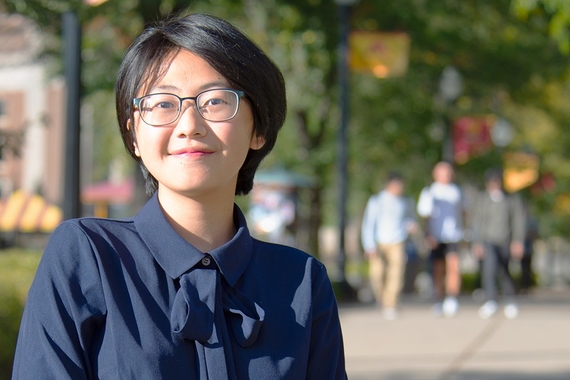Congratulations Kristen Einertson!
First, Kristen was awarded 2022 Benson-Campbell Dissertation Research Award from the Public Address Division (PAD) of the National Communication Association. The award honors the scholarly contributions of Thomas Benson and Karlyn Kohrs Campbell (Professor Emeritus, Communication Studies, University of Minnesota) by recognizing outstanding promise in doctoral research in rhetoric and public address.
Second, Kristen received the P.E.O. Scholar award, a one-time, competitive, merit-based award intended to recognize and encourage academic excellence and achievement by women in doctoral-level programs. P.E.O. Scholars have demonstrated their ability to make significant contributions in their chosen field of study, having assumed leadership positions in university academics, scientific research, medicine, law, performing arts, international economics, history, literature, government and other demanding fields.
And not the least, Kristen received a Research Fellowship through the Wilson Center Cold War Archives for her dissertation.
Kristen Einertson is a PhD Candidate at the Communication Studies department of the University of Minnesota. Before beginning her doctoral studies in Minnesota, she lived in Rīga, Latvia as a Fulbright ETA in 2018-2019. Her research focuses on the rhetoric and public discourse surrounding the post-Soviet transition and foreign policy related to Eastern European states, particularly the Baltics. Her dissertation looks at the role of the Joint Baltic American National Committee in the United States, which was the central Baltic-interests lobbying organization that worked closely with various branches of US government to support the Baltics’ struggle for autonomy and influence the US's late-Cold-War foreign policy.
Here’s a brief description of her dissertation project: The reinstatement of independence for the Baltic countries of Estonia, Latvia, and Lithuania in the early 1990s greatly influenced the collapse of the USSR and arguably served as the realization of their national self-determination. In the United States, the Joint Baltic American National Committee (JBANC) was the central Baltic-interests lobbying organization that worked closely with various branches of the US government to support the Baltics’ struggle for autonomy and influence US foreign policy. How exactly did JBANC play a role in the creation of US foreign policy during the late Cold War period and what rhetorical strategies did they use to advocate for Baltic self-determination? My dissertation will pursue these questions by analyzing the archival records of JBANC and looking at the types of arguments that JBANC employed. In light of a rhetorical cartography of JBANC’s archival records and through the mapping of networked connections present between JBANC and its intergovernmental colleagues, JBANC can be seen as part of a complex, transnational governing apparatus. Thus, this research explores the multivalent ways in which foreign policy is enacted through non-governmental actors and seeks to demystify the foreign affairs process at large.



